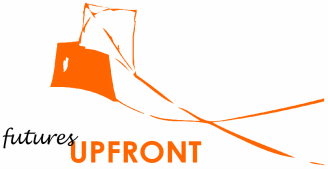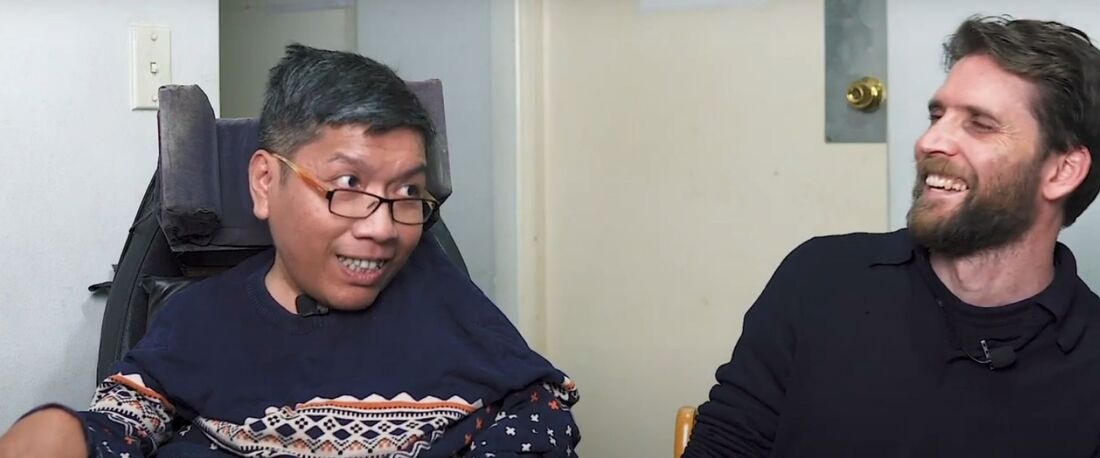Know more
How do you get better at welcoming and including people from CALD backgrounds with disability? Nothing beats meeting people and getting to know them. As your cross-cultural communication skills increase (go to the Skill up page for more info) and you meet more people and learn about them, your knowledge and understanding also increases. This will hopefully spark your interest even more and light up your curiosity. Curiosity is a great human trait and real bonus in working alongside people that are different from ourselves.
To find out more about the benefits of curiosity, check out this link.
Learning from people that are different from you can become something that enriches your life and makes you more interested in others. To help you understand what you are learning from your conversations with people, it is useful to have some frameworks, some ways of thinking about what you hear and see.
To find out more about the benefits of curiosity, check out this link.
Learning from people that are different from you can become something that enriches your life and makes you more interested in others. To help you understand what you are learning from your conversations with people, it is useful to have some frameworks, some ways of thinking about what you hear and see.
Intersectionality
It is a way of thinking about how, in our case here, disability and ethnicity overlap. It’s a concept used to describe
“the ways in which oppressive institutions (such racism, sexism, homophobia, transphobia, ableism, xenophobia, classism, etc.) are interconnected and cannot be examined separately from one another.”
(from http://geekfeminism.wikia.com/wiki/Intersectionality).
It’s a useful tool to think about how community generally privileges abled bodied, Anglo- Australian people over others, and how that impacts on the lives of people from CALD backgrounds with disability.
“the ways in which oppressive institutions (such racism, sexism, homophobia, transphobia, ableism, xenophobia, classism, etc.) are interconnected and cannot be examined separately from one another.”
(from http://geekfeminism.wikia.com/wiki/Intersectionality).
It’s a useful tool to think about how community generally privileges abled bodied, Anglo- Australian people over others, and how that impacts on the lives of people from CALD backgrounds with disability.
Human rights principles and framework
Human rights protect everyone. Human rights are:
- Universal: they are for everyone
- Indivisible: one human right cannot be separated from another
- Based on the right to participate fully
- Equitable and non discriminatory: to remove existing barriers and ensure everyone has he same outcomes
Other resources
- Inclusive Language Guide: Think about the language we use about people with disability and how language can be used to include (or exclude) people.
- Asylum seeker, refugee, economic migrant? The differences are explained here.
- Guide books covering topics such as language, customs and etiquette for 80+ countries may be useful, BUT these guides come with a warning and should be treated with care. Remember that culture is not static, and the descriptions in the guidebooks are not meant to stereotype.

